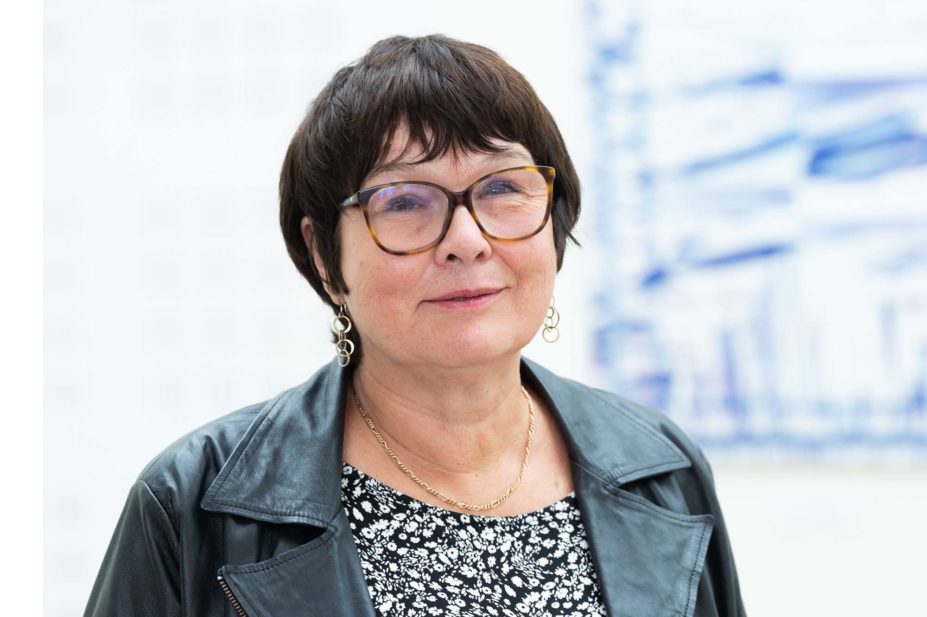
Jon Barlow
The Royal Pharmaceutical Society (RPS) has published a Core Advanced Pharmacist Curriculum to support pharmacists wanting to progress to advanced level practice.
It is, the Society said, the first time that the expected capability or level of practice of an advanced pharmacist has been clearly laid out. It will provide a nationalised blueprint for what is expected of an entry-level advanced pharmacist.
The advanced curriculum sits alongside the existing foundation and consultant pharmacist curricula, and completes the RPS’s array of assessment and credentialing support materials. Pharmacists who successfully meet the outcomes of the Core Advanced Pharmacist Curriculum can apply for credentialing as an advanced pharmacist: something that is open to all pharmacists, not just members of the RPS.
Advanced pharmacists will, the curriculum document says, have a “pivotal role” in delivering future services.
“Patients, with ever more complex healthcare and medicines needs, will need pharmacists with advanced level pharmaceutical expertise to autonomously deliver their care,” it says.
It adds that advanced pharmacists should be comfortable managing clinical cases with a high degree of complexity; influencing and leading on improving the delivery of local clinical services; and working on research that generates new clinical evidence.
Claire Anderson, president of the RPS, said the core advanced curriculum “bridges the gap between the post-registration foundation curriculum and the consultant pharmacist curriculum.
“It provides a blueprint for pharmacists to develop their potential and a way of being recognised as an integral part of the multi-professional advanced workforce.”
Anne Watson, postgraduate pharmacy dean at NHS Education for Scotland (NES), said the curriculum “will support the vision of strengthening career development pathways in community, primary and secondary care as we outlined in our Pharmacist Career Framework review for Scotland 2020.”


